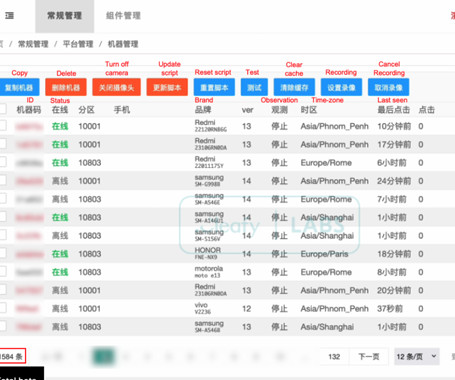AIs Discovering Vulnerabilities
Schneier on Security
NOVEMBER 5, 2024
I’ve been writing about the possibility of AIs automatically discovering code vulnerabilities since at least 2018. This is an ongoing area of research: AIs doing source code scanning, AIs finding zero-days in the wild, and everything in between. The AIs aren’t very good at it yet, but they’re getting better. Here’s some anecdotal data from this summer: Since July 2024, ZeroPath is taking a novel approach combining deep program analysis with adversarial AI agents for valid






















Let's personalize your content